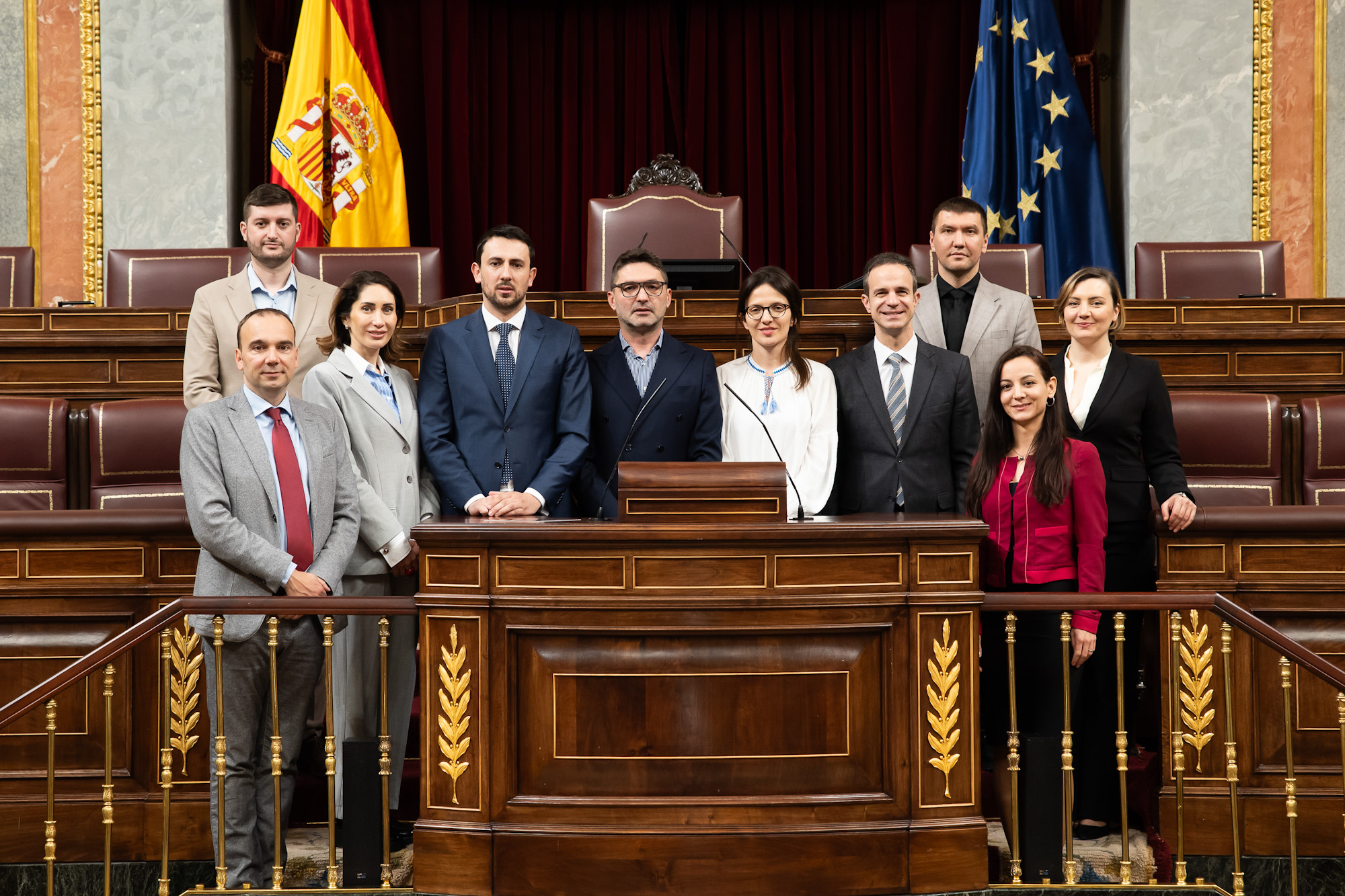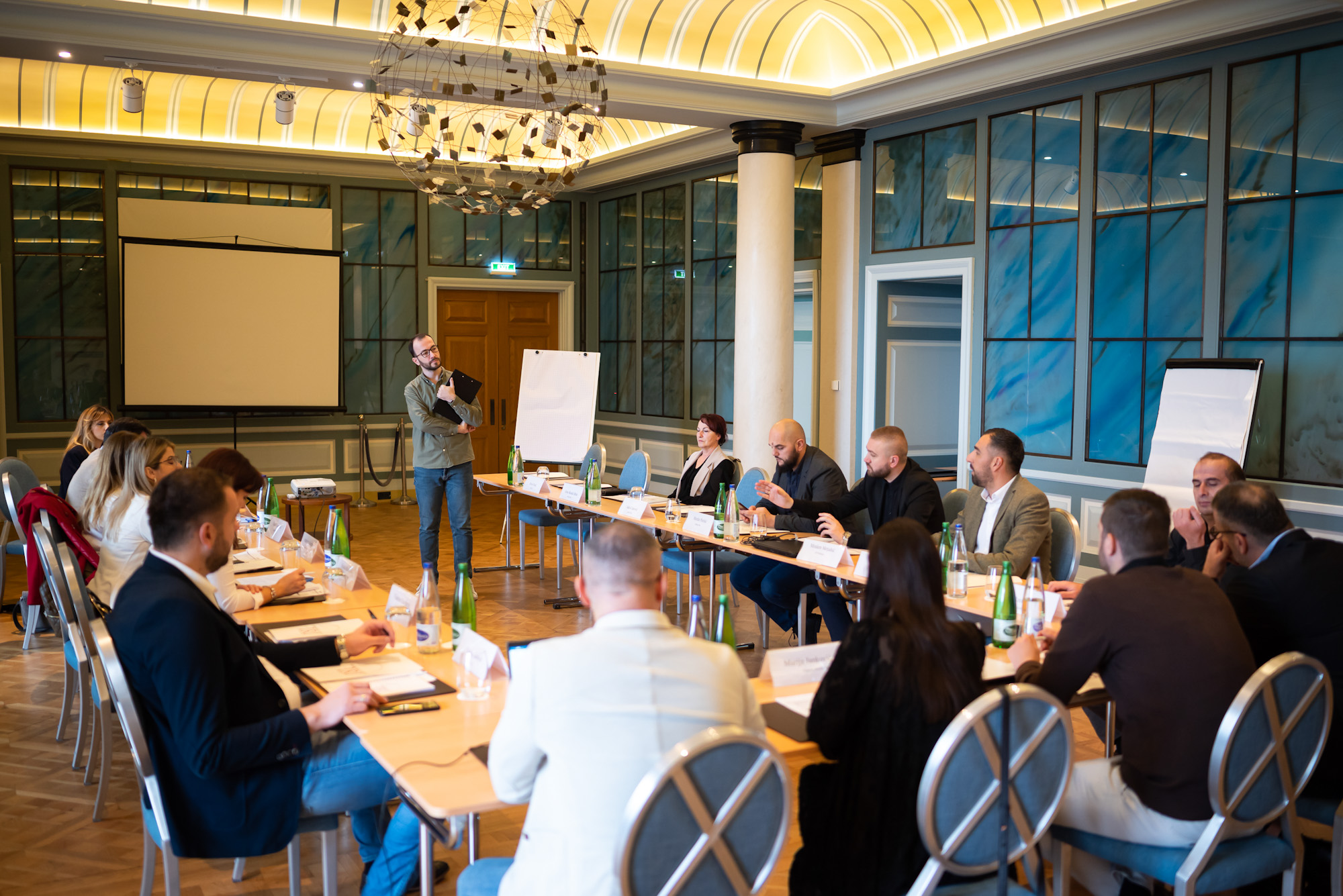Encouraging Local Government Transparency in Montenegro

In Montenegro, municipal government administrations struggled to make their decision-making processes transparent, leaving citizens with unanswered questions about how decisions were made and what information shaped those decisions. Without transparency around government decision-making, citizens’ ability to hold government accountable for their decisions, a foundational component of democratic governance, is limited.
To respond to this and through its collaboration with the Open Government Partnership (OGP), IRI conducted OGP workshops in Bar, Cetinje, Plav, and Zabljak municipalities to help government officials and civil society understand the principles of open governance. IRI also organized multi-stakeholder forums (MSF) to facilitate dialogue between government and non-government stakeholders on how to apply open governance principles to develop municipal action plans, which all four municipalities developed. Importantly, the municipal action plans were co-created by local government administration and civil society to ensure the plans were relevant, responsive, and feasible. Of the 70 commitments that the four municipalities included in their municipal action plans, 62 were approved by their MSF, improving transparency and accountability in local government in Montenegro.

In April 2024, OGP admitted three of IRI’s four municipality partners to the local initiative, the first Montenegrin municipalities to join OGP’s local initiative. Further, inspired by the results in these four municipalities, eight neighboring municipalities submitted letters of interest to join the OGP local initiative. Together, these successes demonstrate Montenegro’s commitment to improve transparent governance practices and strengthen democracy in Montenegro.
Top